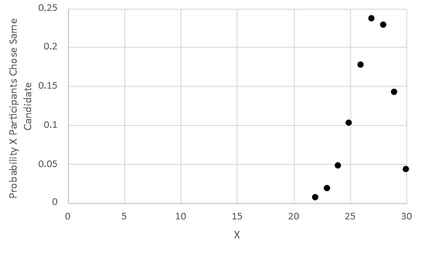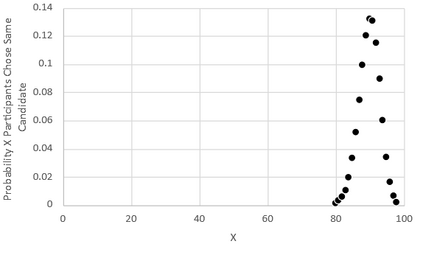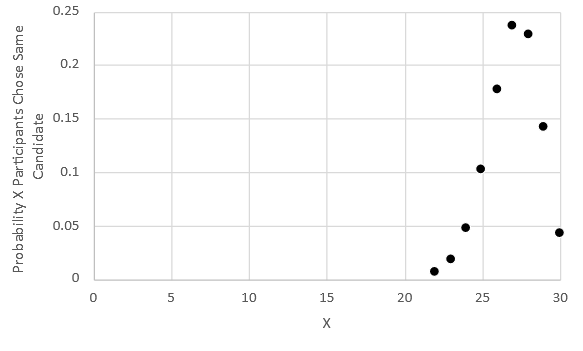Elections are commonly repeated over longer and fixed intervals of time, ranging from months to years. This results in limitations on governance since elected candidates or policies are difficult to remove before the next election even though they might be deemed detrimental to the majority of participants. When new information is available, participants may decide (through a public deliberation) to make amendments to their choice but have no opportunity to change their vote before the next elections. Another issue is the peak-end effect where voters' judgment is based on how they felt a short time before the elections, instead of judging the whole period of the governance. Finally, there exist a few issues related to centralized e-voting, such as censorship and tampering with the results and data. To address these issues, we propose Always on Voting (AoV) -- a repetitive blockchain-based voting framework that allows participants to continuously vote and change elected candidates or policies without having to wait for the next election. Participants are permitted to privately change their vote at any point in time, while the effect of their change is manifested at the end of each epoch whose duration is shorter than the time between two main elections. To thwart the peak-end effect issue in epochs, the ends of epochs are randomized and made unpredictable. While several blockchain-based e-voting proposals had been already presented, to the best of our knowledge, none of them addressed the issue of re-voting and peak-end effect.
翻译:由于当选候选人或政策在下次选举前很难取消,因此很难在下次选举之前取消,即使它们可能被认为不利于大多数参与者。当有新的信息时,与会者可以(通过公开审议)决定对其选择作出修正,但没有机会在下次选举之前改变其投票。另一个问题是,选民的判断是根据他们在选举前的短时间而不是对整个治理期间的判断作出的,从而产生高峰效应。最后,存在着与集中电子投票有关的少数问题,例如审查以及篡改结果和数据。为了解决这些问题,我们建议始终采用投票(AOV) -- -- 一种重复的基于僵局的投票框架,允许参与者在不必等待下次选举的情况下不断投票和改变选举候选人或政策。允许选民随时私下改变他们的投票,而改变的效果则表现在每次选举结束时,时间短于两次主要选举之间的时间。为了消除最高峰期和最高峰期影响,我们提出的最高峰期建议在不可预测时期和最晚期中得到了解决。







